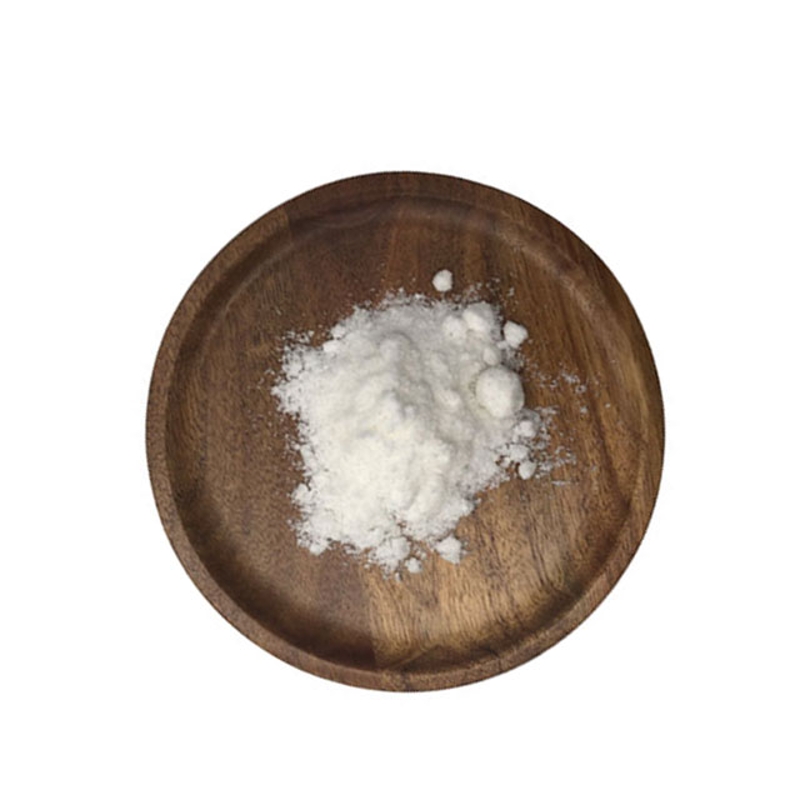-
Categories
-
Pharmaceutical Intermediates
-
Active Pharmaceutical Ingredients
-
Food Additives
- Industrial Coatings
- Agrochemicals
- Dyes and Pigments
- Surfactant
- Flavors and Fragrances
- Chemical Reagents
- Catalyst and Auxiliary
- Natural Products
- Inorganic Chemistry
-
Organic Chemistry
-
Biochemical Engineering
- Analytical Chemistry
- Cosmetic Ingredient
-
Pharmaceutical Intermediates
Promotion
ECHEMI Mall
Wholesale
Weekly Price
Exhibition
News
-
Trade Service
November 17, 2020 // -- Although Alzheimer's disease (AD) is a common and fatal neurodegenerative brain disease, most AD treatments have not made much progress in addressing its causes.
many AD drugs aim to eliminate β-amyloid (A beta) or amyloid plaques, which block intercellular signaling in synapses.
, some AD patients showed neurodegeneration and cognitive decline, even after the amyloid plaques were removed.
, many people have no signs of neurodegeneration or cognitive impairment, even at high A-beta levels.
Again, it is not clear why astrological non-neuronal cells (astrological glial cells) have changed shape and function since the early stages of AD's onset and continue to exist in this reactive state throughout AD progression.
(Photo Source: Www.pixabay.com) Recently, researchers at the Korea Institute of Basic Sciences (IBS) and the Korea Institute of Science and Technology (KIST) Cognitive and Social Research Center demonstrated that the severity of "reactive astrogenic glial cells" is a key indicator of AD incidence, raising awareness of the importance of current AD mechanism theory.
in their animal models based on toxin-based organisms, the team fine-tuned the response of star cells in the body.
they found that mildly reactive astrological glial cells naturally reverse their responsiveness, while severely reactive astrological glial cells can cause irreversible neurodegeneration, brain atrophy, and cognitive impairment.
note that this severe regenerative astrocyte-induced neurodegeneration has been successfully replicated in APP/PS1 mice injected with the virus.
these results suggest that severe regenerative astrological glial cells are sufficient for neurodegeneration.
study's lead author, IBS Director C. Justin Lee said: "This finding suggests that experiences such as traumatic brain injury, viral infections and post-traumatic stress disorder may be necessary to make a healthy brain susceptible to Alzheimer's disease through excessive oxidative stress. Dr
Lee said: "Excessive oxidative stress prevents the body from resisting the harmful effects of excessively produced oxygen-containing molecules, and then converts mildly reactive astrocytes into neurotoxic, highly reactive astrocytes."
team found that toxin-reactive astrocytes activate cell repair mechanisms (or autophagy-mediated degradation pathways) by triggering monoamine oxidase B (MAO-B) and increase hydrogen peroxide (H2O2). Dr Chun Heejung (IBS), lead author of the
study, said:
Reactive astrological glial cells are common in a variety of brain diseases, such as Parkinson's disease and brain tumours and Alzheimer's disease.
based on this study, we have plans to extend our insights into the mechanisms of death of reactive neurons to other brain diseases that have not yet been developed.
" () Source: Overly reactivated star-shaped cells explain the unpredictability of Alzheimer's disease Source: Severe reactive astrocytes precipitate pathological hallmarks of Alzheimer's disease via H2O2- production, Nature Neuroscience. DOI: 10.1038/s41593-020-00735-y ,







